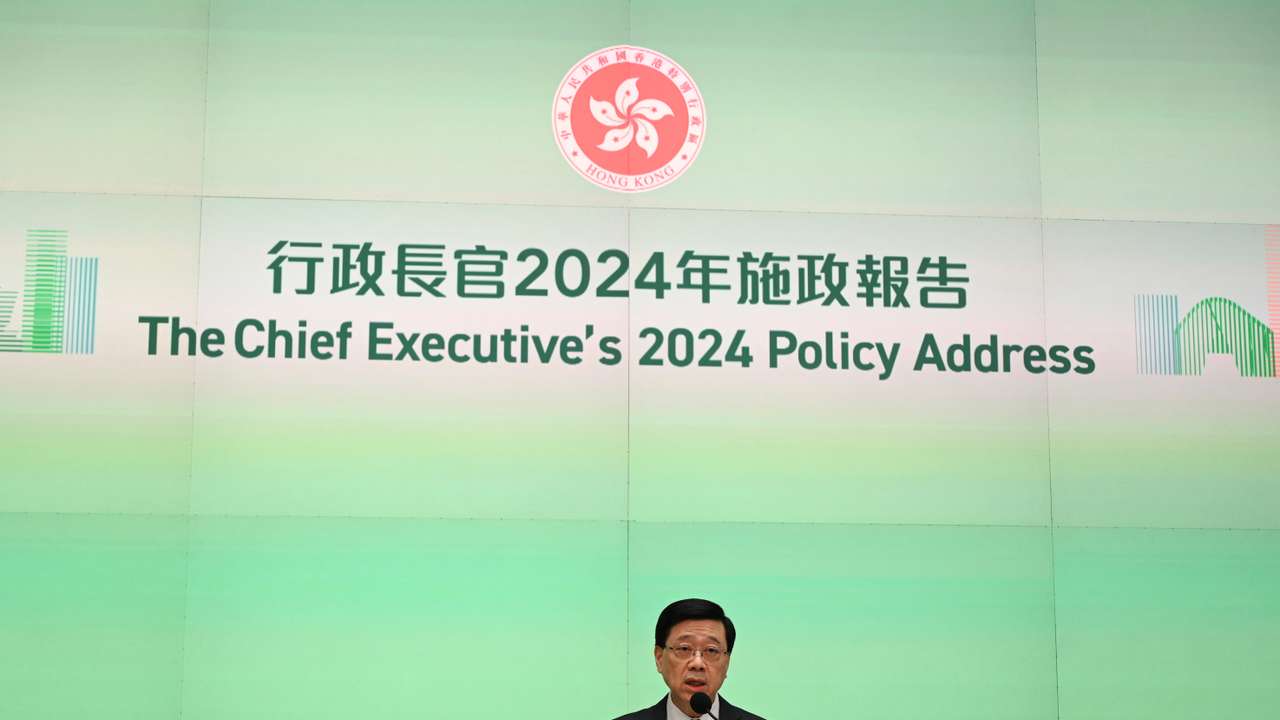Hong Kong to ban tiny flats in major housing reform - residents speak out: Video

Hong Kong Chief Executive John Lee, during his third annual policy address on October 16, at the Legislative Council, announced plans to ban residential flats smaller than eight square metres.
The proposal is part of a broader government effort to improve living conditions in the city. "The government recommends that the standards for 'basic housing' should include windows, a separate toilet, and an area no less than 8 square metres," Lee said during his address. He further noted, "The number of subdivided units in residential buildings that do not meet the standards will be gradually reduced until they are eliminated."
The announcement has drawn attention from both the public and activists. The League of Social Democrats, the city’s last remaining opposition party, held a petition outside government headquarters in protest.
Chan Po-ying, chairperson of the group, expressed her concerns to AFP, stating, "The government should uphold the principle of freedom of the past. The power to the people and also the freedom of speech, freedom of gathering and demonstration." She added, "If the government insists on reform, they should democratise the political system. And then let the people speak freely."
Zhang, a 54-year-old resident living in a subdivided unit, shared mixed feelings about the proposal. "I think the proposed policy on subdivided housing will definitely help. But I think the government must resettle us. In my flat, the kitchen and toilet are joined, meaning it won't meet the standard. So how will we be settled? Will the government subsidise us to rent someplace new?" he asked.
Wong, a 77-year-old retiree and fellow subdivided unit resident, echoed a similar sentiment. "Frankly, if the government provides resettlement, I have no requirements as long as it is close to urban areas and not too far away. No matter where it is, there should be amenities for daily life," he said.
In addition to the housing reforms, Lee announced a major reduction in the city's liquor tax. Effective from October 16, the tax on imported liquor priced over 200 Hong Kong dollars (around $26) has been slashed from 100% to 10% for the portion exceeding that threshold.
The government aims to stimulate the city's nightlife and restaurant industry, attracting both locals and tourists in a bid to boost economic activity.
The economic push comes in light of recent figures showing that 20.2% of Hong Kong’s population—approximately 1.4 million people—are now living in poverty, a rise from 18.3% before the COVID-19 pandemic.